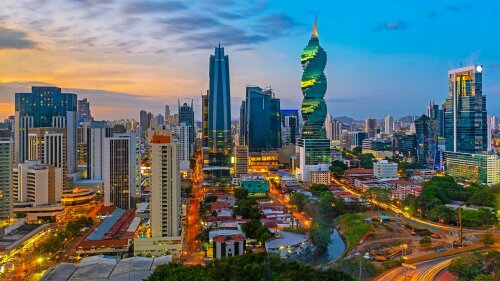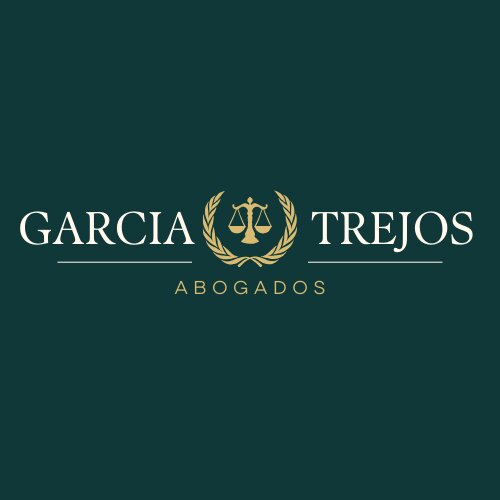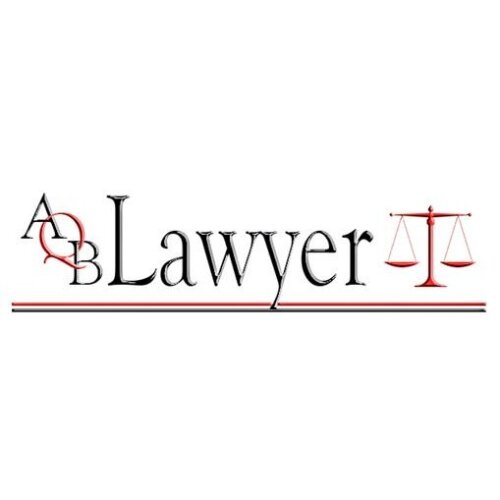Best Constitutional Law Lawyers in Panama
Share your needs with us, get contacted by law firms.
Free. Takes 2 min.
Or refine your search by selecting a city:
List of the best lawyers in Panama
About Constitutional Law in Panama
Constitutional Law in Panama is governed by the country's Constitution, which serves as the supreme legal document establishing the framework of government, fundamental rights, and principles of the judicial system. The current Constitution was adopted in 1972 and has undergone several amendments to adapt to changing political, social, and economic needs. It outlines the separation of powers, the roles of executive, legislative, and judicial branches, and guarantees fundamental human rights to all individuals within Panama.
Why You May Need a Lawyer
Seeking legal advice in Constitutional Law in Panama may be necessary in various situations. Here are some common scenarios:
- **Rights Violations:** If you believe your constitutional rights have been violated, a lawyer can help you navigate the legal system to seek redress.
- **Disputes with Government Entities:** Whether it's a conflict over property, business regulations, or civil liberties, a lawyer can represent your interests in government-related disputes.
- **Constitutional Challenges:** If you wish to challenge the constitutionality of a law or government action, legal expertise is crucial.
- **Legal Reforms and Activism:** Lawyers can also assist in shaping legal reforms or supporting activist causes related to constitutional rights and freedoms.
Local Laws Overview
The following aspects of local laws in Panama are particularly relevant to Constitutional Law:
- **Fundamental Rights:** The Panamanian Constitution specifically enshrines rights such as freedom of speech, religion, and assembly, as well as socioeconomic rights like healthcare and education.
- **Judicial Review:** The legal system allows for constitutional challenges through the judiciary, which has the power to review and annul laws or government actions that conflict with constitutional provisions.
- **Separation of Powers:** Ensuring the independence of the judiciary and the distinction between the legislative and executive branches is a fundamental tenet of Panama's constitutional framework.
- **Amendment Process:** The Constitution outlines specific procedures for amendment, requiring either a constitutional assembly or referenda, ensuring changes reflect the will of the populace.
Frequently Asked Questions
What are my fundamental rights under the Panamanian Constitution?
You have rights to freedom of speech, religion, assembly, due process, and privacy. Socioeconomic rights, including education and healthcare, are also protected.
How can I challenge a law that I believe is unconstitutional?
To challenge a law, you generally must file a complaint through the judiciary, which involves complex procedures that often necessitate the expertise of a constitutional lawyer.
What is the role of the Supreme Court in constitutional matters?
The Supreme Court of Justice is the highest tribunal in constitutional matters and has the power to interpret the Constitution and annul laws or acts contrary to it.
Can the Panamanian Constitution be changed?
Yes, but amending the Constitution involves a rigorous process that may include approval by a constitutional assembly or referendum, ensuring that changes are democratically enacted.
How does the Constitution protect property rights?
The Constitution guarantees property rights while allowing expropriation only for public utility or social interest, and with fair compensation.
What should I do if I believe my rights are being violated?
It's advisable to consult with a lawyer to assess the situation and determine the appropriate legal action, which may include filing a complaint against the offending party.
How are police powers regulated under the Constitution?
Police powers are limited by constitutional provisions that safeguard individual rights and due process, ensuring that law enforcement actions are legal and justified.
Is Panama subject to international human rights treaties?
Yes, Panama is a signatory to several international human rights treaties, which complement and enhance the rights protected under domestic law.
Who enforces constitutional rights in Panama?
The judiciary, primarily through the Supreme Court, is responsible for enforcing constitutional rights, though governmental bodies must also respect these rights in their routine functions.
How does the Constitution address equality and non-discrimination?
The Panamanian Constitution explicitly prohibits discrimination and promotes equality before the law, providing legal recourse against discriminatory practices.
Additional Resources
- **The Panamanian Supreme Court of Justice:** As the highest court, it provides information and judgments related to constitutional matters.
- **Ombudsman's Office (Defensoría del Pueblo de Panamá):** This independent body promotes the protection and enhancement of human rights in Panama.
- **National Assembly of Panama:** Provides resources on legislative activities and current legal reforms.
- **Panama Bar Association:** A professional organization that can help you find qualified constitutional lawyers.
Next Steps
If you need legal assistance in constitutional law in Panama, consider the following steps:
- **Research and Identify Your Needs:** Clearly define your legal issue to better communicate it to a lawyer. Reviewing relevant parts of the Constitution might be beneficial.
- **Consult a Constitutional Lawyer:** Seek legal counsel from a lawyer specialized in constitutional law to understand your options and potential outcomes.
- **Gather Evidence:** Collect any relevant documents and evidence that support your case or legal challenge.
- **File a Complaint:** If advised by your lawyer, proceed with filing complaints or petitions in the appropriate legal forums.
- **Stay Informed:** Keep yourself updated on relevant constitutional developments or reforms that might impact your situation.
Lawzana helps you find the best lawyers and law firms in Panama through a curated and pre-screened list of qualified legal professionals. Our platform offers rankings and detailed profiles of attorneys and law firms, allowing you to compare based on practice areas, including Constitutional Law, experience, and client feedback.
Each profile includes a description of the firm's areas of practice, client reviews, team members and partners, year of establishment, spoken languages, office locations, contact information, social media presence, and any published articles or resources. Most firms on our platform speak English and are experienced in both local and international legal matters.
Get a quote from top-rated law firms in Panama — quickly, securely, and without unnecessary hassle.
Disclaimer:
The information provided on this page is for general informational purposes only and does not constitute legal advice. While we strive to ensure the accuracy and relevance of the content, legal information may change over time, and interpretations of the law can vary. You should always consult with a qualified legal professional for advice specific to your situation.
We disclaim all liability for actions taken or not taken based on the content of this page. If you believe any information is incorrect or outdated, please contact us, and we will review and update it where appropriate.
Browse constitutional law law firms by city in Panama
Refine your search by selecting a city.















